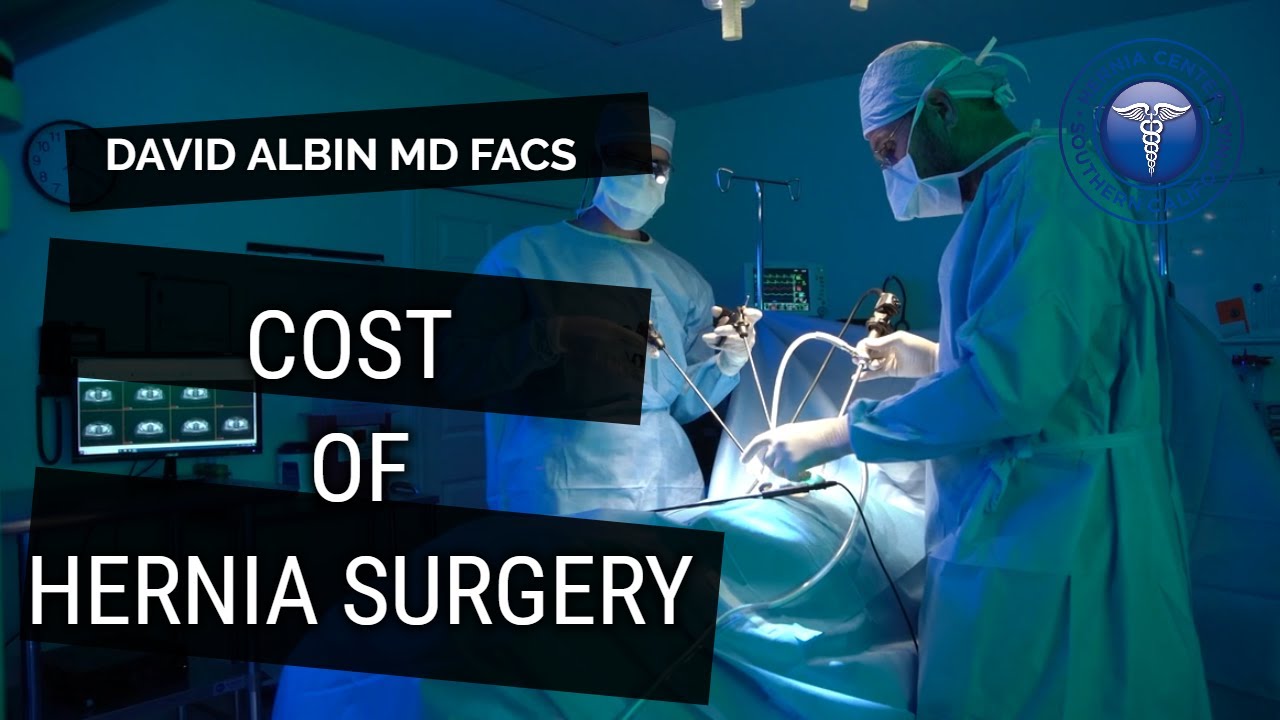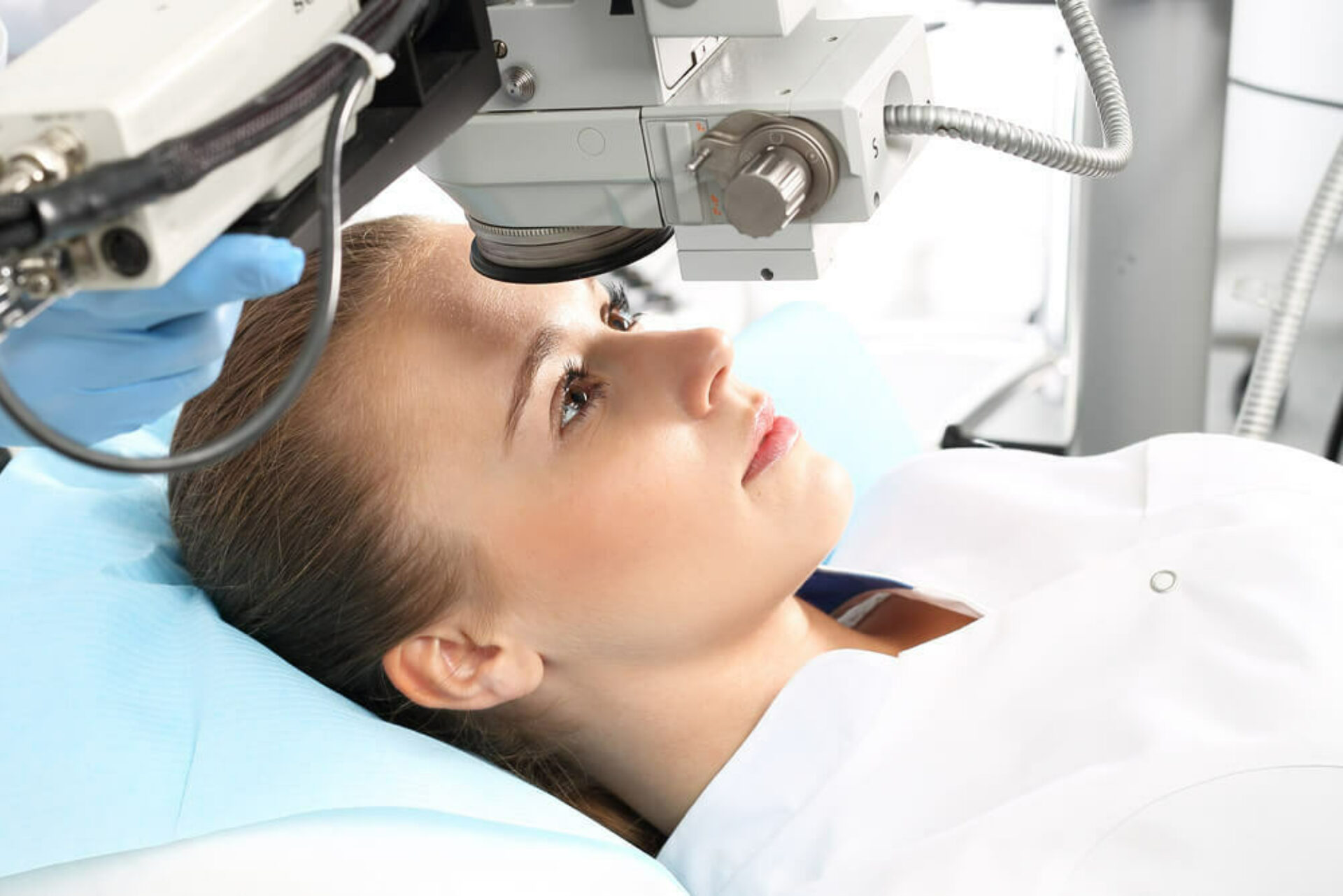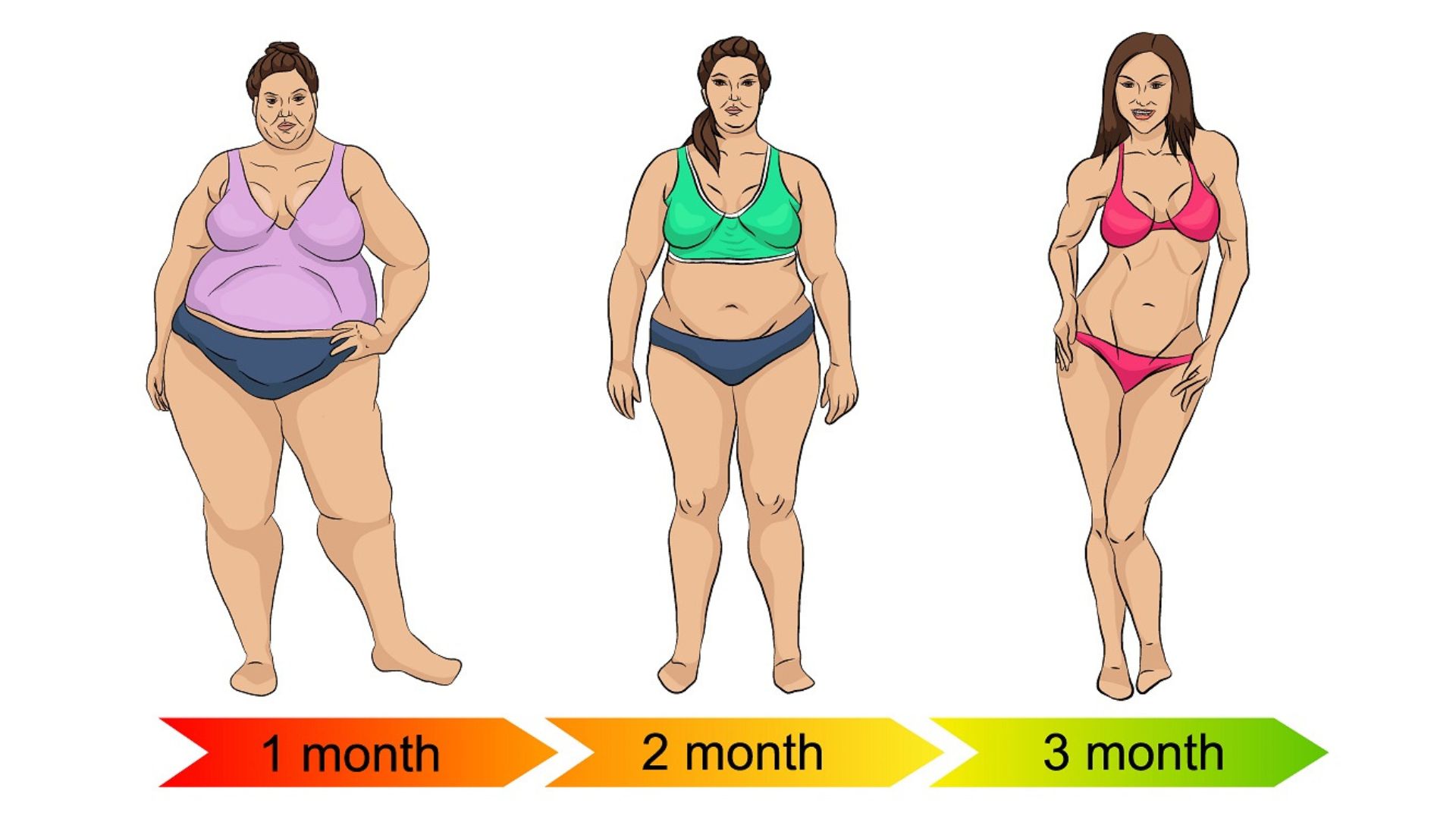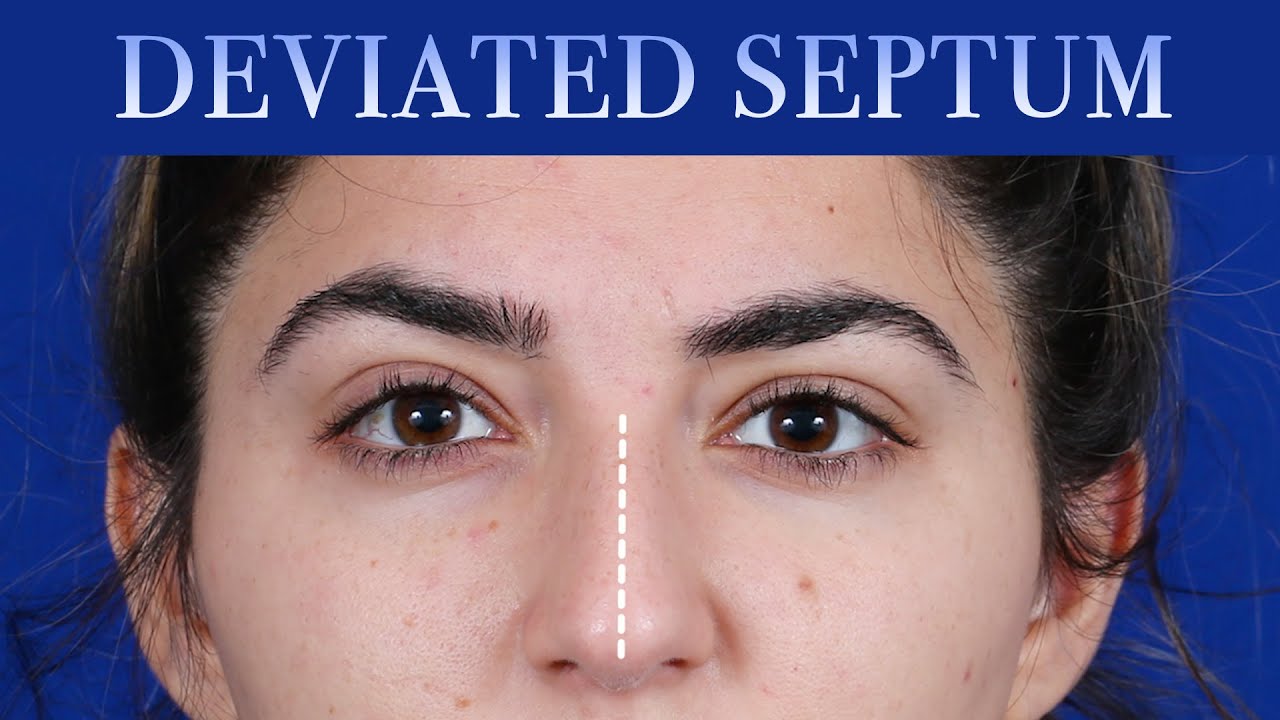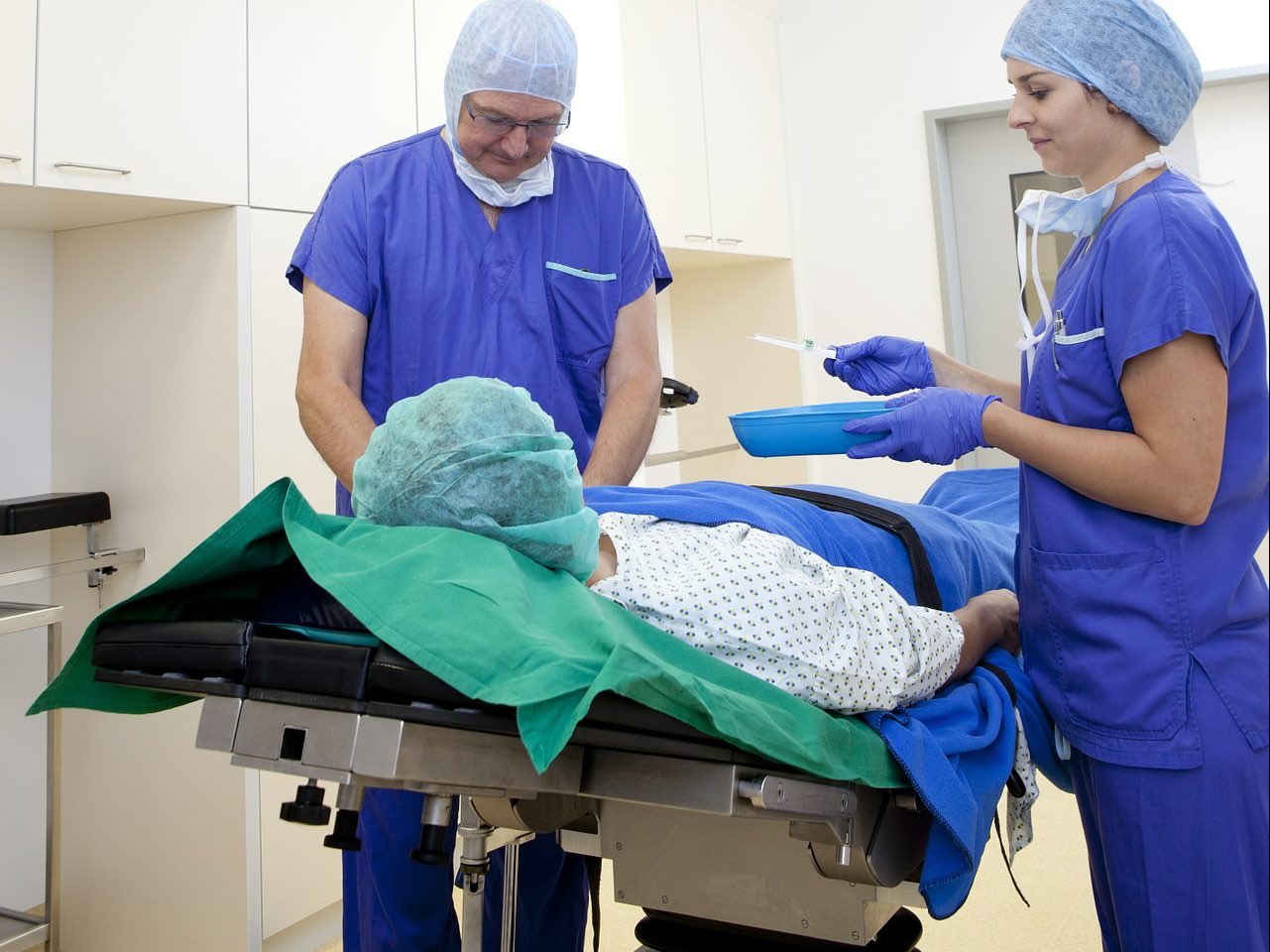Home>Finance>How Much Does Deviated Septum Surgery Cost Without Insurance
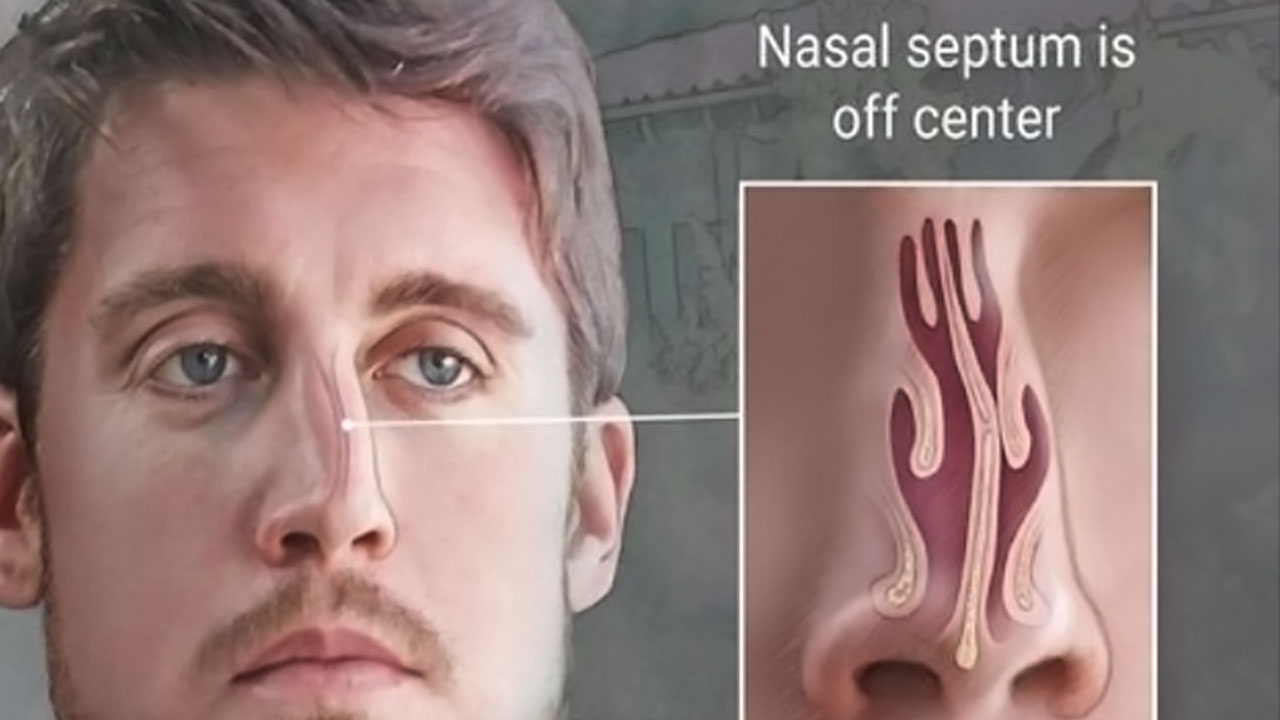

Finance
How Much Does Deviated Septum Surgery Cost Without Insurance
Published: November 18, 2023
Find out the cost of deviated septum surgery without insurance and explore finance options for covering the expenses.
(Many of the links in this article redirect to a specific reviewed product. Your purchase of these products through affiliate links helps to generate commission for LiveWell, at no extra cost. Learn more)
Table of Contents
Introduction
Deviated septum surgery, also known as septoplasty, is a medical procedure performed to correct a crooked or misaligned septum. The septum is the thin wall of cartilage and bone that separates the two nasal passages. When the septum is deviated, it can cause a variety of issues such as difficulty breathing, chronic sinus infections, snoring, and sleep apnea.
For individuals without insurance coverage, the cost of deviated septum surgery can be a concern. Understanding the factors that affect the cost and exploring financing options can help individuals make informed decisions about their healthcare.
In this article, we will delve into the details of deviated septum surgery costs without insurance, including the average costs and additional expenses to consider. We will also discuss financing options that can make the procedure more affordable for those without insurance coverage.
It’s important to note that the information provided in this article is for informational purposes only. The cost of deviated septum surgery can vary depending on several factors, such as the geographical location, the severity of the deviation, the surgeon’s experience, and the chosen healthcare facility.
Now, let’s explore the ins and outs of deviated septum surgery costs without insurance and discuss the options available to potential patients.
Understanding Deviated Septum Surgery
Deviated septum surgery, or septoplasty, is a surgical procedure performed to straighten and correct a deviated or crooked septum. The septum is the wall of cartilage and bone that separates the two nasal passages. When the septum is deviated, it can obstruct airflow, leading to breathing difficulties, nasal congestion, and other related issues.
The surgery aims to realign the septum, allowing improved airflow through the nasal passages and relieving symptoms associated with a deviated septum. During the procedure, the surgeon accesses the septum through the nostrils, making incisions to remove or reshape the deviated parts. In some cases, additional procedures like turbinate reduction or nasal valve repair may be performed concurrently to optimize the results.
Septoplasty is typically performed under general or local anesthesia, and it is usually an outpatient procedure, which means patients can return home the same day. Recovery time can vary depending on the individual, but most patients can expect to experience mild discomfort and swelling for a few days after the surgery. It is crucial to follow the post-operative care instructions provided by the surgeon to ensure a smooth recovery.
It’s important to note that deviated septum surgery is a medical necessity for individuals experiencing significant breathing difficulties and related symptoms. The decision to undergo surgery should be made in consultation with a healthcare professional who can evaluate the severity of the condition and recommend the appropriate course of treatment.
Now that we have a better understanding of deviated septum surgery, let’s explore the factors that can influence the cost of the procedure.
Factors Affecting the Cost of Deviated Septum Surgery
The cost of deviated septum surgery can vary depending on several factors. Understanding these factors can help individuals estimate the potential expenses associated with the procedure. Here are some key factors that can affect the cost of deviated septum surgery:
- Geographical Location: The cost of medical procedures can vary significantly from one region to another. Urban areas and regions with a higher cost of living often have higher surgical costs compared to rural or less expensive areas.
- Surgeon’s Experience and Reputation: The experience and reputation of the surgeon can also impact the cost of deviated septum surgery. Highly experienced surgeons with a track record of successful outcomes may charge higher fees for their expertise.
- Healthcare Facility: The choice of healthcare facility can influence the cost of the surgery. Private hospitals or surgical centers often have higher fees compared to public or nonprofit institutions.
- Extent of Deviation: The severity of the deviated septum can affect the complexity of the surgery and the time required for the procedure. In more severe cases, additional surgical techniques or procedures may be necessary, which can increase the overall cost.
- Anesthesia and Surgical Fees: The cost of anesthesia and surgical fees are typically separate from the surgeon’s fees. Anesthesia fees can vary depending on the type of anesthesia used (general or local). It’s important to clarify these fees with the healthcare provider as they can add to the overall cost.
- Pre-operative and Post-operative Care: Pre-operative tests, such as blood work or nasal imaging, and post-operative care, including follow-up visits and medications, can contribute to the overall cost of the surgery. These additional expenses should be taken into consideration when estimating the total cost.
It’s important to consult with a healthcare provider to get a personalized cost estimate based on individual circumstances. They can provide a breakdown of the estimated expenses, including surgeon fees, facility fees, anesthesia fees, and any additional costs that may be involved.
Next, we will explore the average costs of deviated septum surgery without insurance to provide a general idea of what patients can expect.
Average Costs of Deviated Septum Surgery
The cost of deviated septum surgery can vary widely depending on various factors, as mentioned earlier. On average, the cost of deviated septum surgery in the United States can range from $3,000 to $7,000 without insurance coverage. However, it is important to note that these are just average estimates, and the actual cost can be higher or lower based on individual circumstances.
The cost of the surgery typically includes the surgeon’s fee, anesthesia fees, facility fees, pre-operative tests, post-operative care, and any necessary medications. However, it’s crucial to consult with the healthcare provider to receive a personalized cost estimate based on individual factors such as geographical location, surgeon’s experience, and the extent of deviation.
For example, in urban areas with a higher cost of living, the cost of deviated septum surgery may tend to be on the higher end of the average range. On the other hand, in rural or less expensive areas, the cost may be relatively lower.
It’s important to consider that the cost of the surgery is not the only expense to be taken into account. Additional costs such as pre-operative consultations, diagnostic tests, medications, and post-operative care can add to the overall financial burden. Therefore, it is advisable to inquire about the breakdown of costs and potential additional expenses when discussing the surgery with a healthcare provider.
While these costs may seem significant, it is crucial to prioritize one’s health and seek appropriate medical treatment for a deviated septum. Ignoring the condition can lead to long-term health issues and reduced quality of life.
Now, let’s discuss some additional expenses that individuals should consider while planning for deviated septum surgery.
Additional Expenses to Consider
When considering deviated septum surgery, it is important to take into account the additional expenses that may arise throughout the process. These costs can vary depending on individual circumstances and personal choices. Here are some common additional expenses to consider:
- Pre-operative Consultations and Diagnostic Tests: Prior to the surgery, individuals may need to schedule consultations with the surgeon and undergo diagnostic tests such as nasal imaging or blood work. These consultations and tests may incur additional costs.
- Travel and Accommodation: If the chosen healthcare facility is far from one’s place of residence, travel expenses such as transportation and accommodation may need to be factored into the overall cost.
- Prescription Medications: After the surgery, the surgeon may prescribe medications to aid in the recovery process. These medications may include pain relievers, antibiotics, and nasal sprays. It is important to consider the cost of these medications and check if they are covered by insurance.
- Post-operative Care and Follow-up Visits: Follow-up visits with the surgeon are typically required after deviated septum surgery to monitor the healing process. These visits may incur additional fees, so it’s important to clarify the cost of post-operative care with the healthcare provider.
- Time off Work: Depending on the individual’s job and the recovery period suggested by the surgeon, it may be necessary to take some time off work. This could result in a loss of income during the recovery phase, which should be factored into the overall financial planning.
- Insurance Coverage: It is worth considering whether any portion of the surgery or associated expenses may be covered by insurance. Contacting your insurance provider to understand what is covered and what is not can help in managing the financial aspect of the surgery.
By taking these factors into account and estimating the potential additional expenses, individuals can have a clearer understanding of the overall financial commitment involved in deviated septum surgery without insurance coverage.
Next, let’s explore financing options that can help make deviated septum surgery more affordable for individuals without insurance.
Financing Options for Deviated Septum Surgery
For individuals without insurance coverage, the cost of deviated septum surgery can be a financial concern. However, there are several financing options available that can help make the procedure more affordable. Here are some options to consider:
- Payment Plans with the Healthcare Provider: Many healthcare providers offer payment plans or financing options to their patients. These plans allow individuals to pay for the surgery in installments over a period of time, easing the immediate financial burden.
- Medical Credit Cards: Some credit card companies offer medical credit cards specifically designed to cover medical expenses. These cards often come with special financing options such as low or no-interest periods. It’s important to carefully review the terms and conditions of these cards to understand any potential fees or interest rates.
- Personal Loans: Another option is to apply for a personal loan from a bank or reputable financial institution. Personal loans can be used to cover medical expenses, and they typically offer fixed interest rates and flexible repayment terms. However, it’s important to compare loan options and calculate the overall cost, including interest, fees, and repayment terms.
- Crowdfunding: In certain cases, individuals may turn to crowdfunding platforms to seek support from friends, family, or even strangers. Sharing your story and explaining the need for financial assistance can help raise funds to cover the cost of the surgery.
- Healthcare Savings Account: If you have a healthcare savings account (HSA) or a flexible spending account (FSA), you can use the funds in these accounts to pay for deviated septum surgery. It’s important to review the guidelines and restrictions of your specific account to ensure eligibility.
Before choosing a financing option, it’s crucial to carefully consider the terms, interest rates, and repayment plans. It may be helpful to consult with a financial advisor who can provide guidance based on individual circumstances.
Remember, the decision to undergo deviated septum surgery should not be solely based on the financial aspect. It’s important to prioritize your health and well-being. Seeking professional medical advice and exploring financial options can help make the procedure more accessible and affordable.
Finally, let’s conclude with some key takeaways.
Conclusion
Deviated septum surgery, also known as septoplasty, is a valuable medical procedure that can alleviate breathing difficulties and improve overall quality of life for individuals with a deviated septum. However, for those without insurance coverage, the cost of the surgery can be a concern.
Understanding the factors that influence the cost, such as geographical location, surgeon’s experience, and the extent of deviation, can help individuals estimate the potential expenses. While the average cost of deviated septum surgery without insurance can range from $3,000 to $7,000, it’s important to note that these are just general estimates, and the actual cost may vary depending on individual circumstances.
Additional expenses to consider, such as pre-operative consultations, post-operative care, medications, and time off work, should also be factored into the overall financial planning. Exploring financing options like payment plans with healthcare providers, medical credit cards, personal loans, crowdfunding, and utilizing healthcare savings accounts can help make the surgery more affordable.
Ultimately, the decision to undergo deviated septum surgery should not be solely based on the cost. It’s crucial to prioritize your health and consult with a healthcare professional who can assess the severity of the condition and recommend the appropriate course of treatment.
Remember to discuss potential costs and financing options with the healthcare provider, carefully review the terms and conditions of any financing agreements, and consider seeking financial advice if needed.
By being proactive in understanding the costs and exploring available options, individuals can make informed decisions about deviated septum surgery and take steps towards improving their respiratory health and overall well-being.

